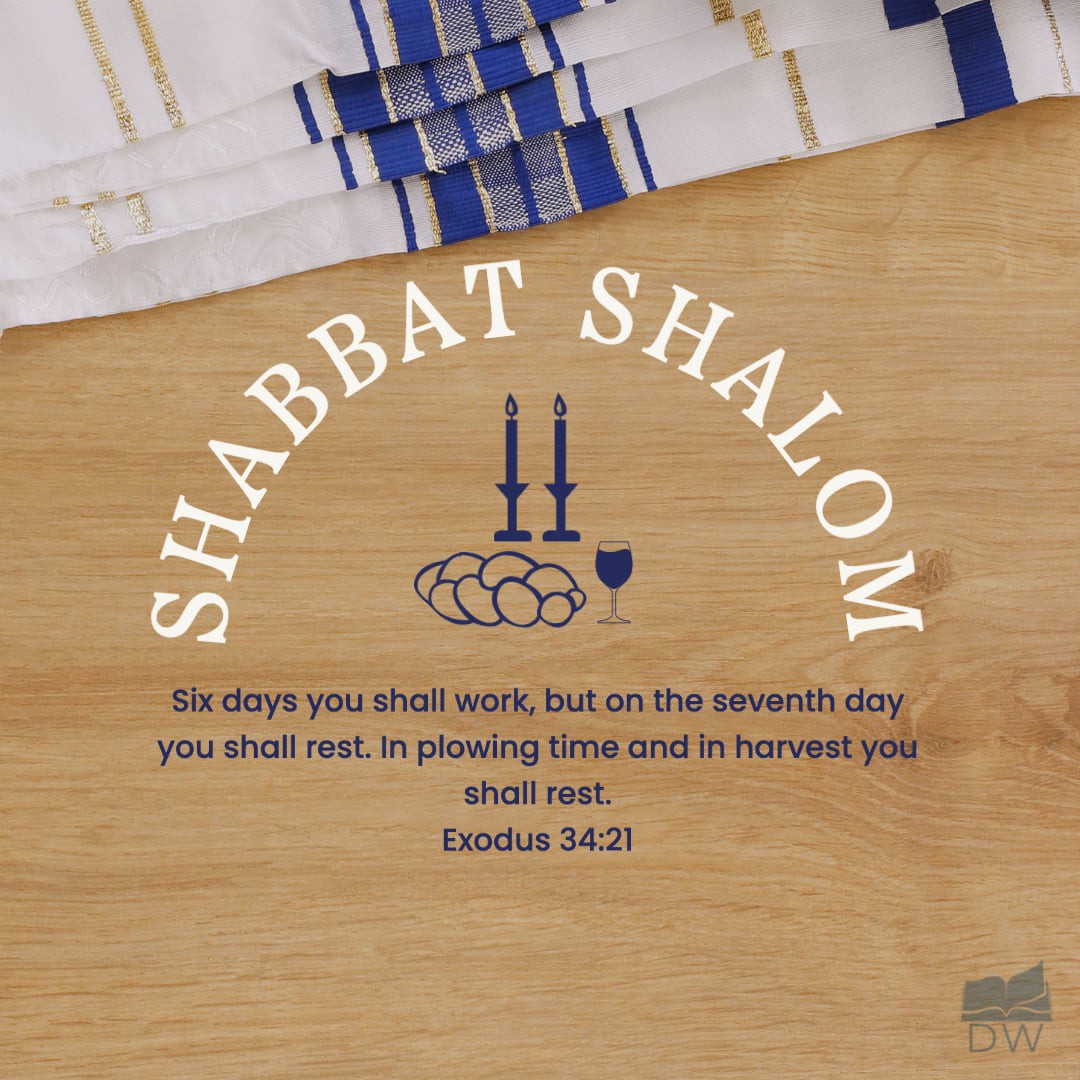Watch
Events
Articles
Market
More
This coming week, July 23-29 (5-11 Av), the Bible reading plan covers Va’etchanan (And I Pleaded).
23 Jul Deuteronomy 3:23-4:4 Jeremiah 50:29-51:26 Ephesians 6:1-24 Psalm 111:1-10
24 Jul Deuteronomy 4:5-40 Jeremiah 51:27-64 Philippians 1:1-30 Psalm 112:1-10
25 Jul Deuteronomy 4:41-49 Jeremiah 52:1-34 Philippians 2:1-30 Psalm 113:1-9
26 Jul Deuteronomy 5:1-21 Ezekiel 1:1-3:9 Philippians 3:1-21 Psalm 114:1-8
27 Jul Deuteronomy 5:22-6:3 Lamentations 1:1-5:22 Philippians 4:1-23 Psalm 115:1-18
28 Jul Deuteronomy 6:4-25 Ezekiel 3:10-5:17 Colossians 1:1-29 Psalm 116:1-19
29 Jul Deuteronomy 7:1-11 Isaiah 40:1-26 Colossians 2:1-23 Psalm 117:1-2
The complete annual Bible reading plan for 2022-23 (Hebrew year 5783) is available at this link:
https://thebarkingfox.com/2023..../07/21/weekly-bible-



Shabbat Shalom! May you all have a blessed and peaceful day of rest.
https://davidwilber.com/




It is not good to be partial to the wicked or to deprive the righteous of justice.
Proverbs 18:5 ESV
Don't call evil good and good evil. If you know that one person is usually wise and another person usually foolish, don't be quick to agree with the fool even if he seems obviously right at first.



The Book of #proverbs isn't a collection of commandments or absolute promises. It's about principles. It's about being better, not perfect.
https://rumble.com/vdp7e1-the-....book-of-proverbs-is-


